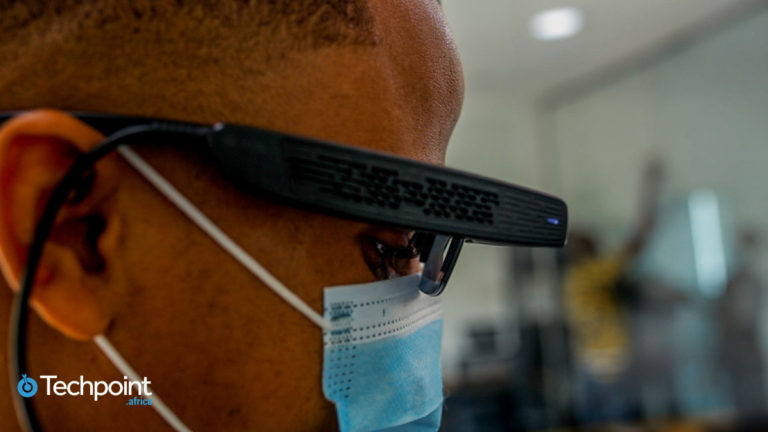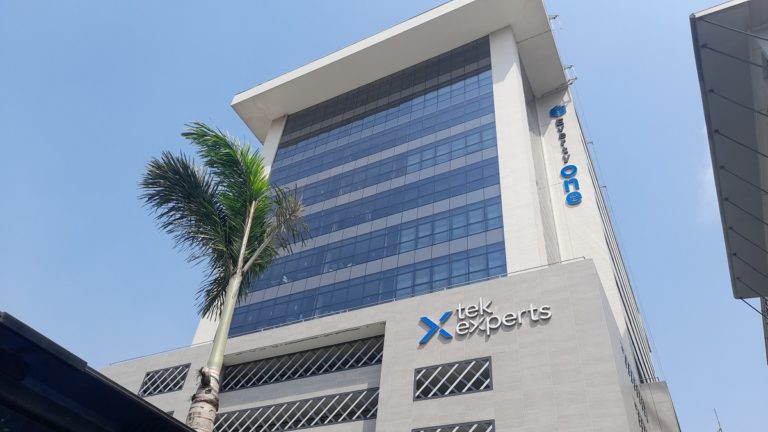Rwanda: Kaspersky Unveils First Africa Transparency Center in Kigali

The World Bank reports that internet penetration in the African region increased steadily from 26% in 2019 to 36% in 2022.
As part of the African Union’s Digital Transformation Strategy, which aims to provide digital empowerment to all Africans by 2030, Kaspersky has established its first Transparency Center in Kigali, marking a significant turning point in the battle against cybercrime.
Serving Kaspersky’s partners, clients, and cybersecurity regulators, the Transparency Center in Kigali offers a “blue piste” review option. This feature, which has gained popularity since the first Transparency Center opened its doors in 2018, gives users access to information on Kaspersky’s engineering and data processing procedures. Guests can interact with Kaspersky specialists by asking questions about data processing protocols and how its products work. Additionally, the Cyber Capacity Building Program allows participants to improve their abilities to evaluate the security of ICT products.
The African Union Mechanism for Police Cooperation praised the Transparency Center’s establishment (AFRIPOL). AFRIPOL’s Acting Executive Director, Ambassador Jalel Chelba, emphasized the value of Kaspersky’s Global Transparency Initiative in fostering digital trust. He underlined the necessity of strong frameworks to reduce security concerns in light of the area’s quick adoption of digital technology.
The Kigali site has expanded Kaspersky’s network of Transparency Centers to 11 locations worldwide. The increasing focus on cybersecurity in the African agenda was highlighted by Genie Sugene Gan, Head of Government Affairs and Public Policy at Kaspersky for the Asia-Pacific, Japan, Middle East, Turkey, and Africa areas. With the goal of bridging the knowledge gap in cyber-capacity building, the Transparency Center in Kigali offers instruction on how to assess the security of products and create secure development procedures.







